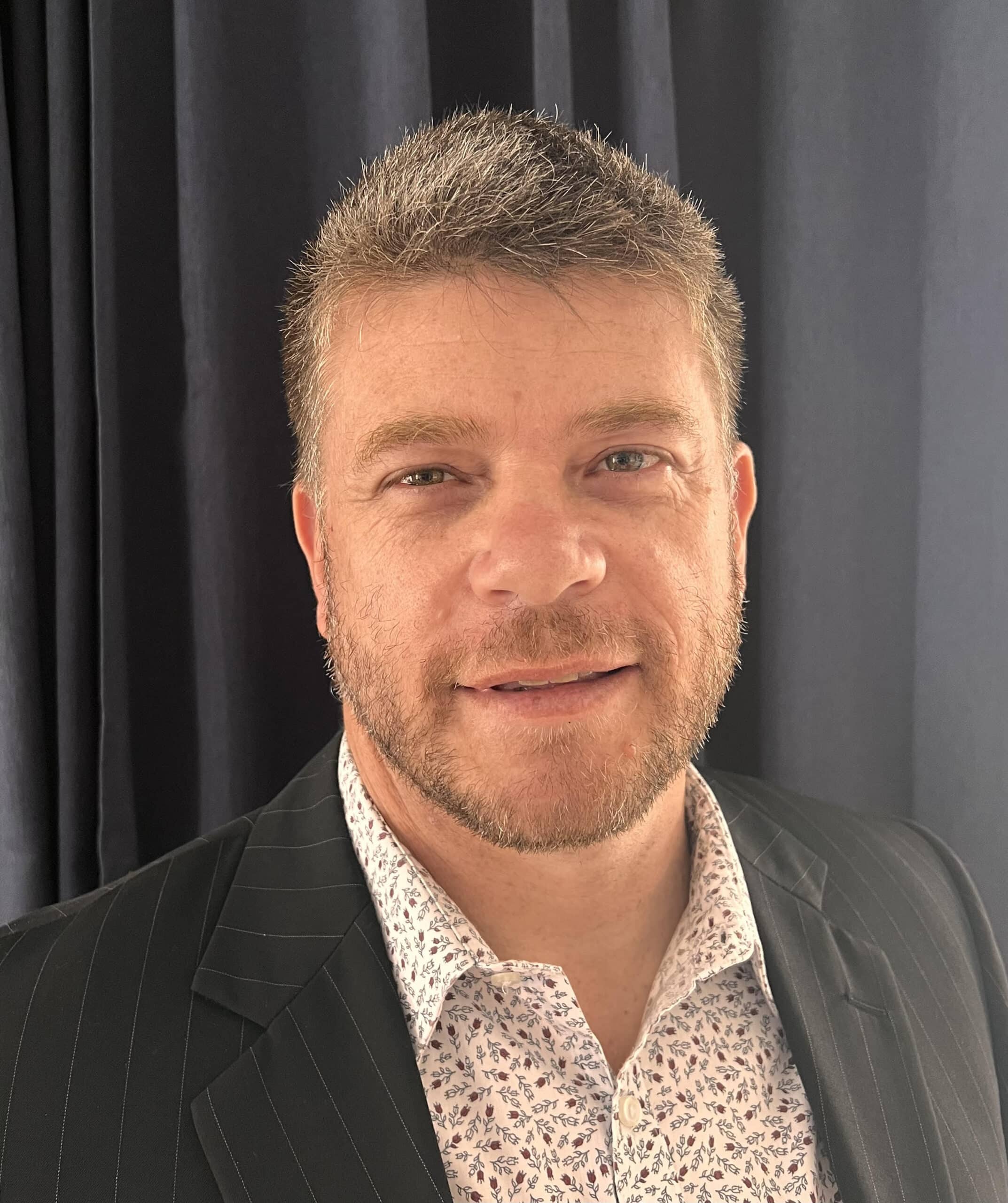- About Us
- Services
- Industries
- Resources
- Tools
- Locations
- Contact Us

In the dynamic realm of innovation and technology, two distinct paths emerge for bringing a new invention to market: licensing a patent and startup commercialization. These paths, while interconnected, offer distinct strategies for leveraging intellectual property and capitalizing on groundbreaking ideas. Both approaches aim to transform a novel concept into a profitable reality, yet they diverge in terms of control, risk, resources, and long-term goals.
Licensing a Patent:
Licensing a patent involves granting permission to a third party (often a company or individual) to use, produce, or sell the patented invention. In this arrangement, the patent holder retains ownership of the intellectual property but transfers certain usage rights to the licensee in exchange for financial compensation. This approach can be advantageous for inventors who lack the resources or desire to enter the market directly. Some key aspects to consider when licensing a patent include:
Startup Commercialization:
Startup commercialization involves creating a new company to develop, produce, and market the patented invention. Unlike licensing, this approach requires a more hands-on approach to building a business from the ground up. Here are key aspects to consider when pursuing startup commercialization:
Both licensing and commercialisation
It is possible to commercialise the invention as a startup in one territory or field of business, while licensing a licensee to commercialise it in another. this will depend on the technology type and what can be negotiated with the licensee.
In conclusion, the decision between licensing a patent and pursuing startup commercialization hinges on an inventor's goals, resources, risk tolerance, and desire for control. Licensing offers a less hands-on approach, allowing inventors to monetize their invention without the operational demands of running a business. On the other hand, startup commercialization offers the potential for greater rewards, control, and the satisfaction of building a company from scratch. Both approaches can be successful, provided that inventors carefully assess their circumstances, seek expert advice, and align their strategy with their long-term objectives. Ultimately, the chosen path will shape how the innovation journey unfolds, influencing not only the inventor's financial success but also the impact of the invention on society at large.

Mike Biagio has had previous experience in research and development and project engineering before becoming a patent attorney. Mike has been involved in specialist intellectual property law since 2001 in a variety of countries including South Africa, New Zealand and Australia, and has more than 21 years of experience as a patent attorney in obtaining patents and designs around the world for his clients.
Mike has been a lecturer and regular mentor at UNSW, University of Wollongong, and University of Sydney for a number of years, and has advised start-ups at incubators/accelerators on intellectual property and ideation.
I found them online and initially I was bit hesitant to talk to them about my problem but when I spoke to Barry, I felt more comfortable, and he gave me all the information and advice I wanted without even thinking that I am going to give him business or not. Finally, I went with them, and they made the entire process so smooth and easy for me. john was keeping us updated with each step he was doing. I would recommend these guys for any patent or trademark related service.
I would like to express my thanks to Barry and his team at IP Guardian in Sydney for their assistance with our recent Trademark application. Barry was highly professional, readily available throughout the process and clearly communicated expectations. Barry even helped us refine our application so that we had a greater chance of success which was very much appreciated to avoid extra costs. I would highly recommend Ip Guardian for all your Trademark and Intellectual Property needs.
Barry, last week, you and your professional team, made my year (or probably my next 21 years). So thank you so much for your executive, calm yet very effective actions under extream pressure. Elias Hajjar, Director, TROLLEYON PTY LTD
Informative, understood the business, what it needed and answered questions in a friendly and approachable manner. Easy decision to continue working with IPGuardian for future trademarking
From the day I contacted Barry Meskin until now with my silly amateur questions, he has been nothing short of amazing. I actually NEVER leave reviews anywhere, but I felt the need to do so for Barry and his team. I myself am a tradie, so I felt intimidated speaking to an attorney. But the second I spoke to him on the phone, he made me feel right at home. Never pressured me into any decisions, yet when I decided to go ahead with him, he delivered what I needed much quicker than what I was expecting. I cannot speak highly enough of him and recommend his services 100%.
The team at IP Guardian have made the process extremely straight forward and easy for us to understand exactly what was required. I will highly recommend to our clients who need help with IP.
I have dealt with Barry over the years, his advice and experience has helped me greatly. Looking for to working with him and his team again. Maher.
IP Guardian helps protect words, symbols, letters, numbers, names, signatures, phrases, sounds, shapes and smells. Yes, I said smells.
We've had the pleasure to work closely with Barry for many years. He has been exceptional to deal with and has a keen focus in providing a commercial led IP "go to market" strategy for start-ups and well known brands. Makes it easy and always advises on different ways to navigate through the IP process.
Barry Meskin @ IP Guardian is an experienced and extremely knowledgeable expert in the domain of intellectual property, patents and trademarks. In addition he has been extremely responsive and very professional in all our dealings. I wholeheartedly recommend Barry's services to any business or anyone seeking advice in this area - great quality and great value.